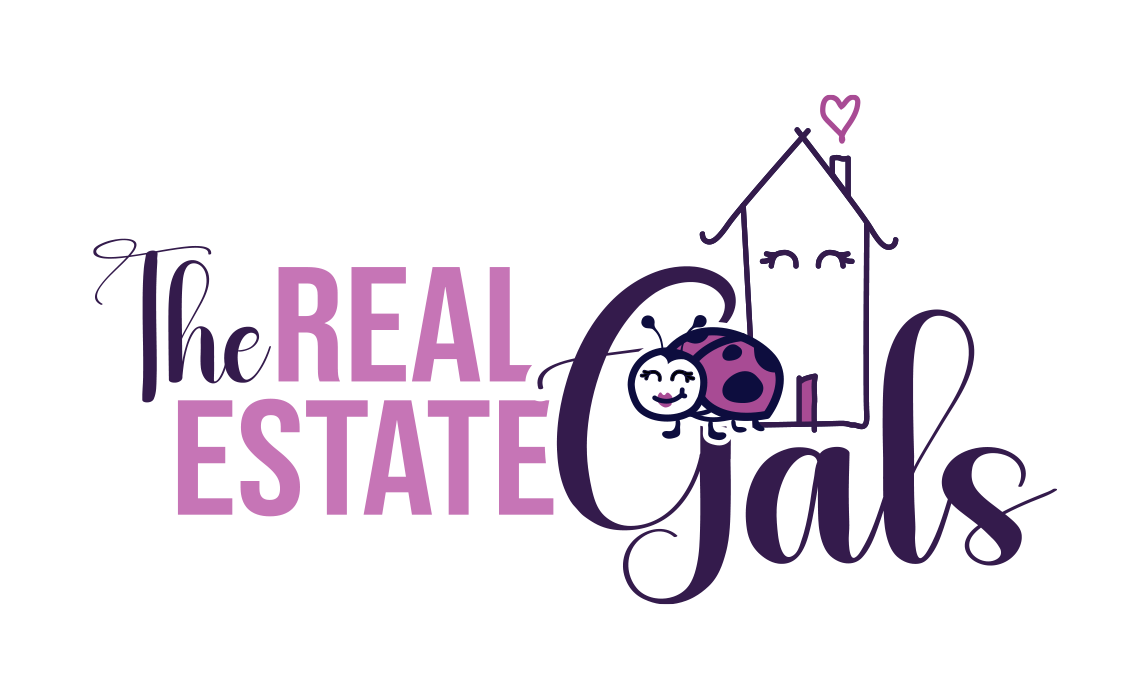What You Need to Know if Your Child and Their Spouse Separate
Helping your child buy their first home is a proud moment for many parents. In today’s real estate market, it’s not uncommon to help a child by cosigning a mortgage. It’s a generous gesture that can make all the difference, especially when prices and lending rules are tough.
But what if things don’t go as planned? What if your child and their spouse separate or divorce? Suddenly, your good deed can turn into a financial headache.
What Does Cosigning a Mortgage Mean?
When you cosign a mortgage in Ontario, you’re not just vouching for your child and their partner. You’re legally on the hook for the mortgage, just like they are.
If they miss a payment, the bank comes knocking on your door. If the mortgage goes into default, your credit takes a hit. And if you’re on the property title (which is often the case), you’re also a part owner of the home.
Cosigning is different from being a guarantor. As a cosigner, you share ownership and responsibility. As a guarantor, you’re only responsible for the debt if the primary borrowers default. You don’t have ownership rights.
What Happens If Your Child and Their Spouse Separate?
Here’s where things can get sticky. Let’s say your child and their spouse split up. Who keeps the house? Who keeps paying the mortgage? And where does that leave you?
You’re Still on the Hook
Even if your child’s relationship ends, your obligation to the bank doesn’t. The lender doesn’t care about divorce agreements…they just want their money. If payments stop, your credit and finances are at risk.
Getting Off the Mortgage Isn’t Easy
You can’t just “remove” yourself from the mortgage. The only way out is for your child and their ex to refinance the mortgage in their own names or sell the house. Refinancing can be tough if one person can’t qualify on their own, and selling isn’t always a quick or profitable option.
Family Disputes Can Get Messy
If your child and their ex can’t agree on who pays what, things can get ugly. Missed payments can happen, and you might end up footing the bill to protect your own credit.
Legal and Tax Complications
If you’re on title, you may have a say in what happens to the property. But you could also be dragged into legal disputes or even face tax issues, especially if the house is sold at a profit.
How Can You Protect Yourself?
Cosigning is a big favour, but you don’t have to do it blindly. Here are some smart steps to keep your finances - and your family relationships - safe.
1. Have an Honest Talk Upfront
Before you sign anything, sit down with your child and their partner. Talk openly about what happens if things don’t work out. It might feel awkward, but it’s better than dealing with surprises later.
2. Put It in Writing
Consider drawing up a family agreement (with the help of a lawyer) that spells out what happens if the couple separates. Will they sell the house? Refinance to take you off the mortgage? How soon will that happen? This agreement isn’t a legal requirement, but it can help keep everyone on the same page.
3. Monitor the Mortgage
Ask the lender to send you copies of statements or notifications if a payment is missed. Keep an eye on your own credit report, too. The sooner you spot a problem, the easier it is to fix.
4. Plan Your Exit Strategy
Encourage your child and their spouse to refinance the mortgage in their own names as soon as they can. Make it clear that your role as cosigner is meant to be temporary. If things go south, push for a sale or refinance right away to get your name off the loan.
5. Get Professional Advice
Don’t be shy about getting independent, legal advice. Talking to a lawyer outside the transaction can help you understand your rights, draft agreements, and navigate any legal issues if a separation happens.
6. Consider Alternatives
If you’re nervous about cosigning, there are other ways to help. You could gift or loan your child money for a down payment, which doesn’t tie you to the mortgage. Or, see if the lender will accept you as a guarantor instead of a cosigner (though this is less common).
Final Thoughts
Cosigning a mortgage is a generous way to help your child and their spouse get started in the housing market. But it’s not without risks - especially if the couple’s relationship changes. The best way to protect yourself is to go in with your eyes wide open: have honest conversations, get agreements in writing, monitor the mortgage, and have a clear plan for getting your name off the loan.
Remember, you’re doing a wonderful thing by helping your child. Just make sure you’re also looking out for your own financial future. A little planning now can save a lot of heartache down the road.
The information provided on this website does not, and is not intended to, constitute legal advice; instead, all information, content, and materials available on this site are for general informational purposes only. Views expressed are my own. Please consult a lawyer for advice on legal matters.


